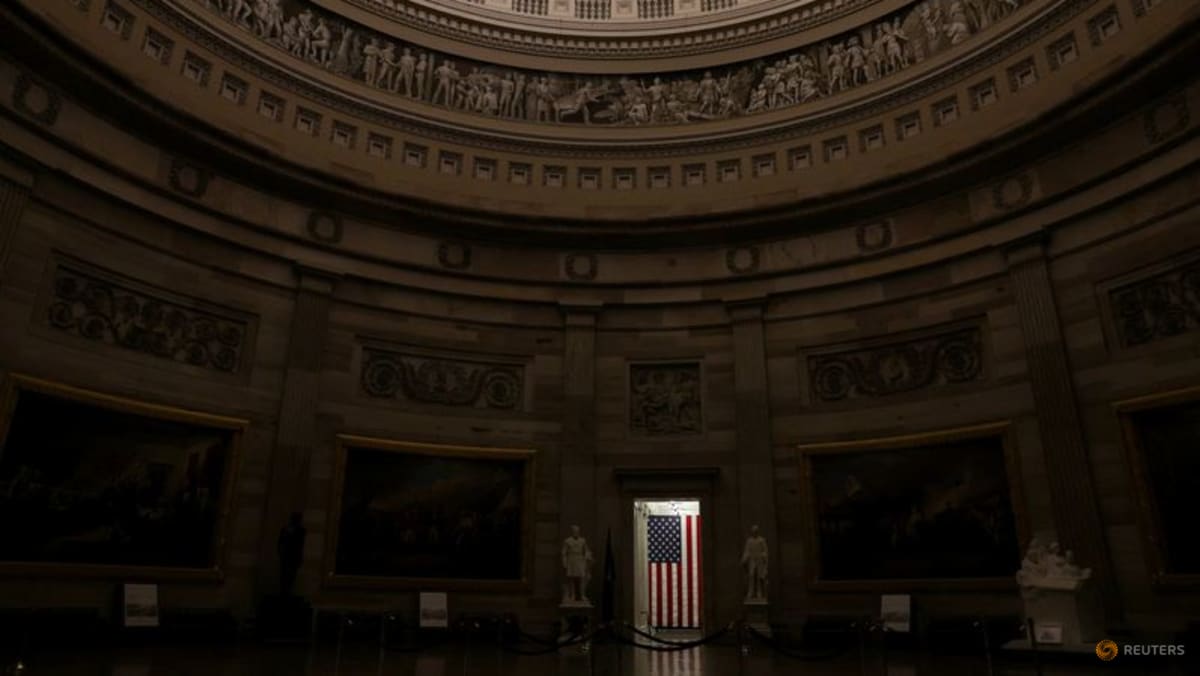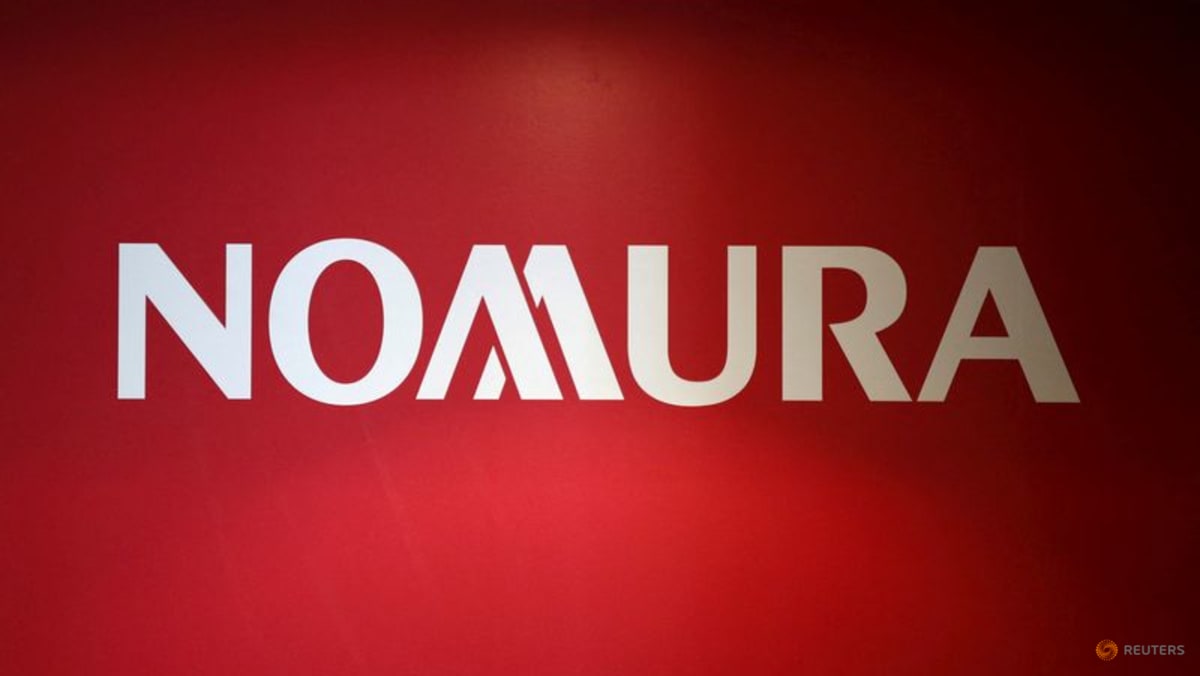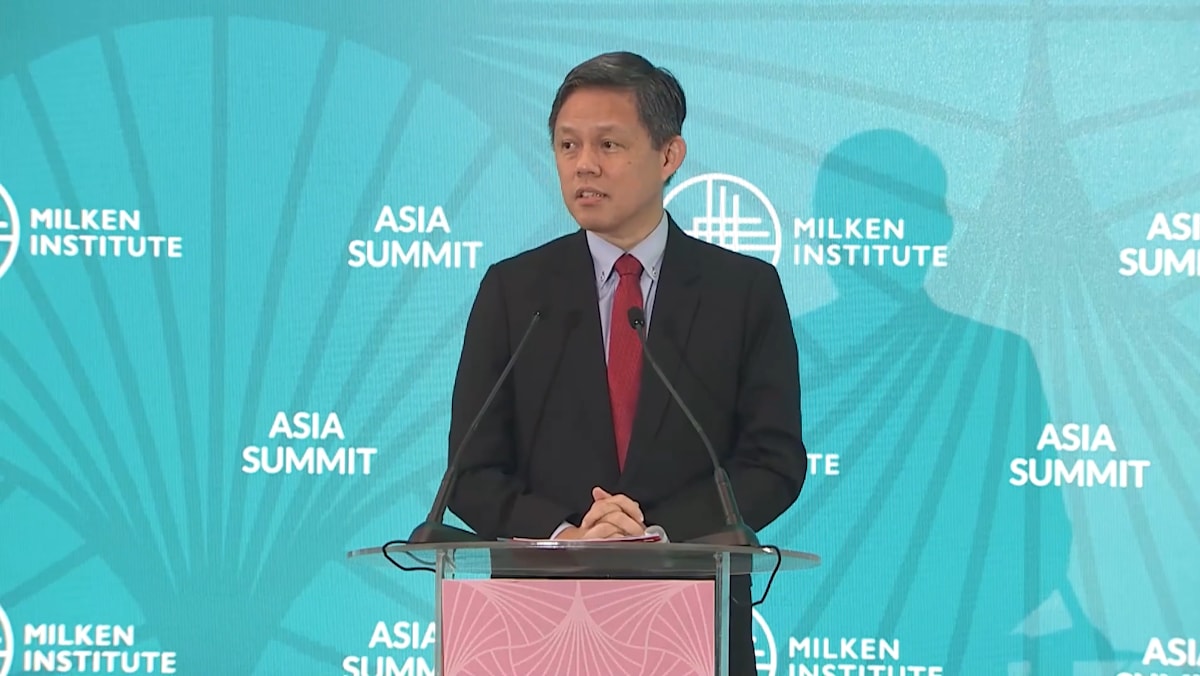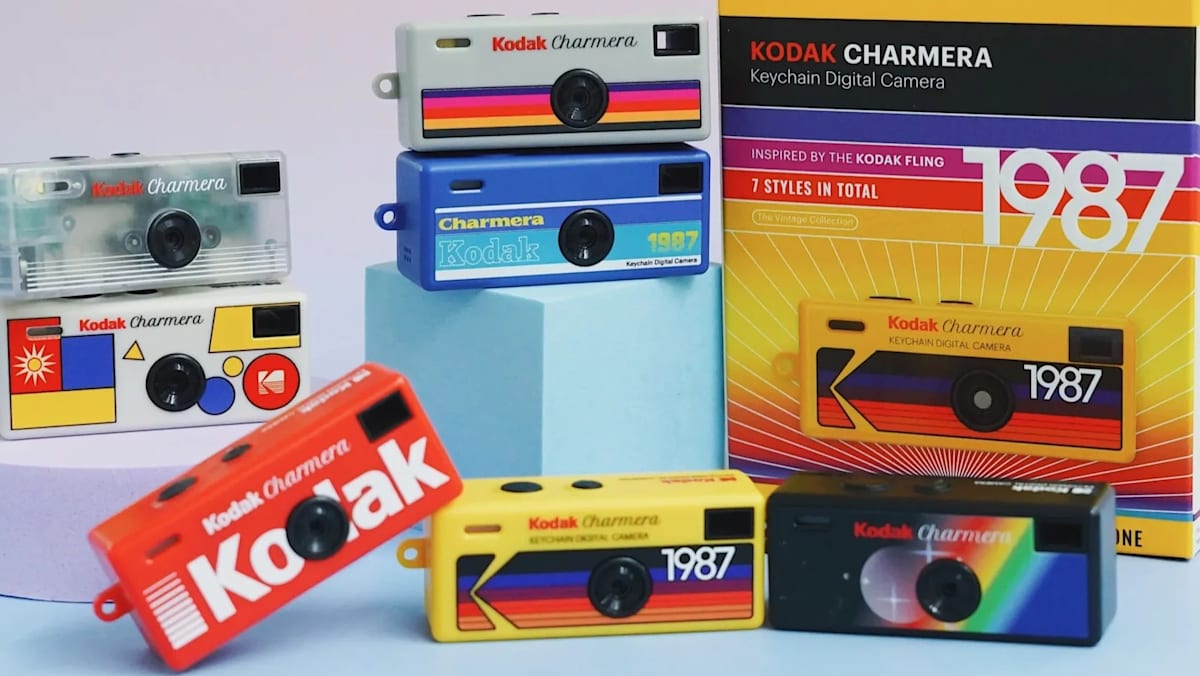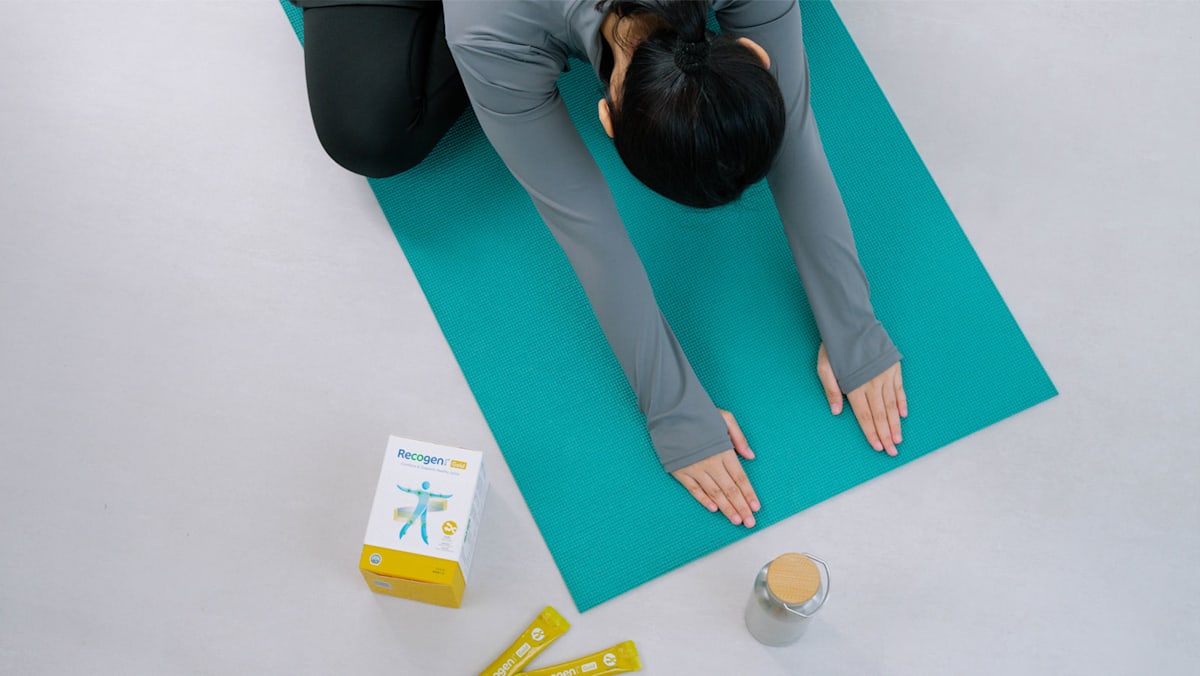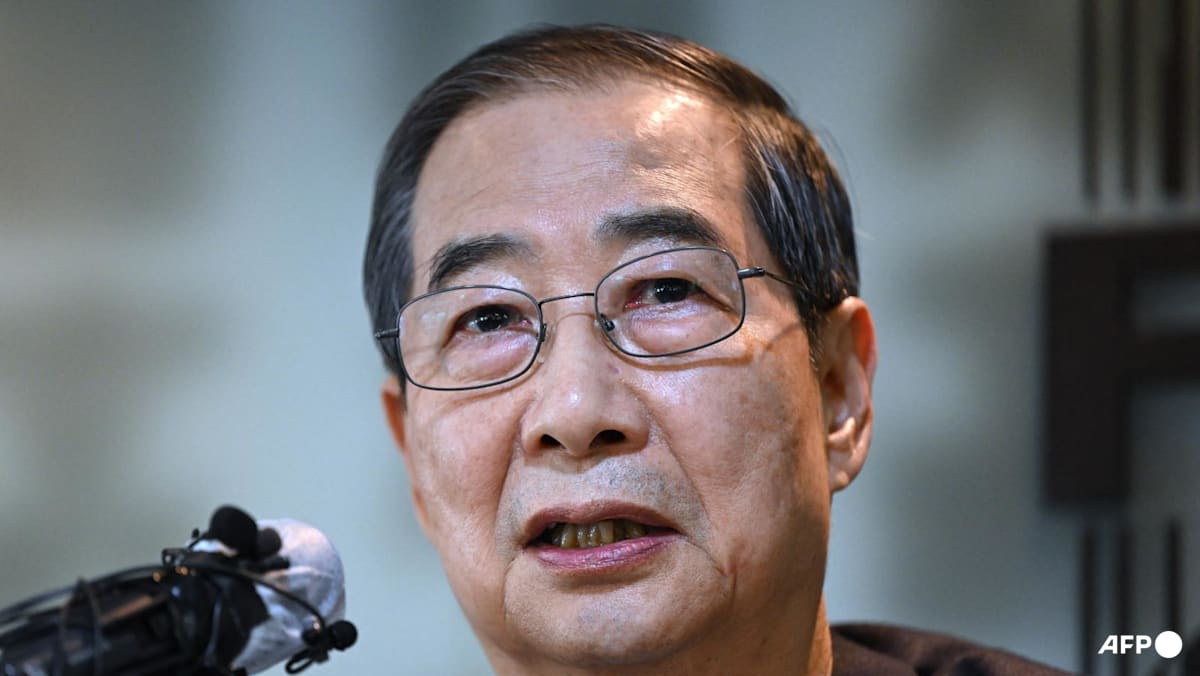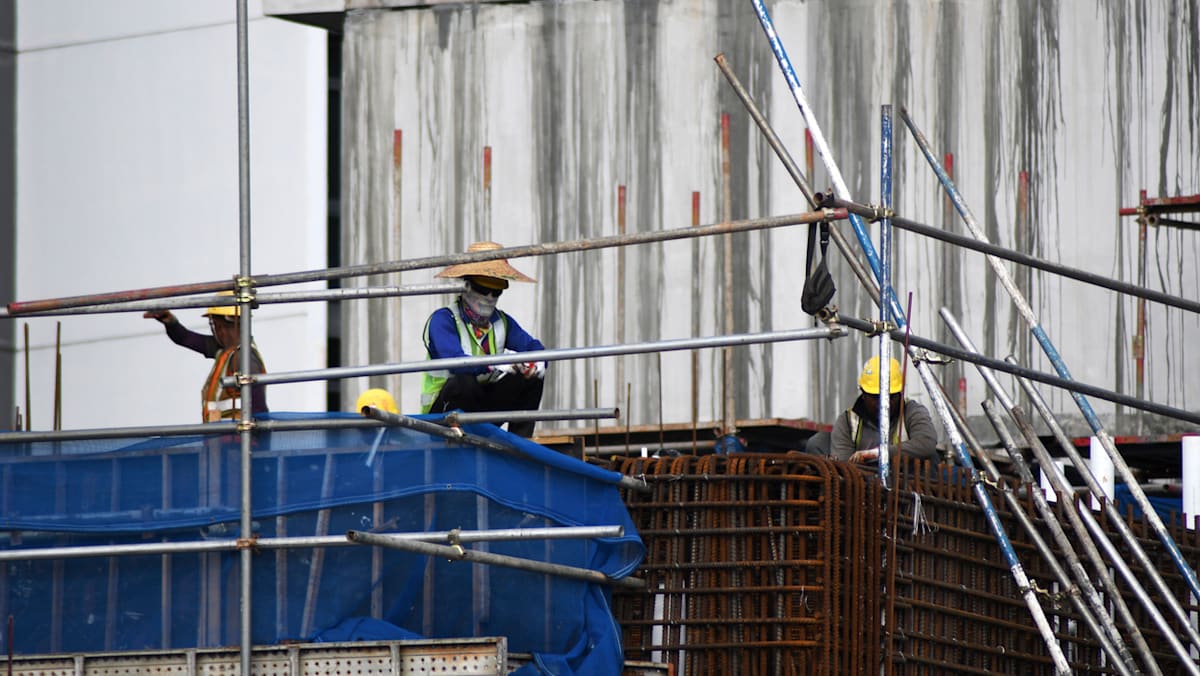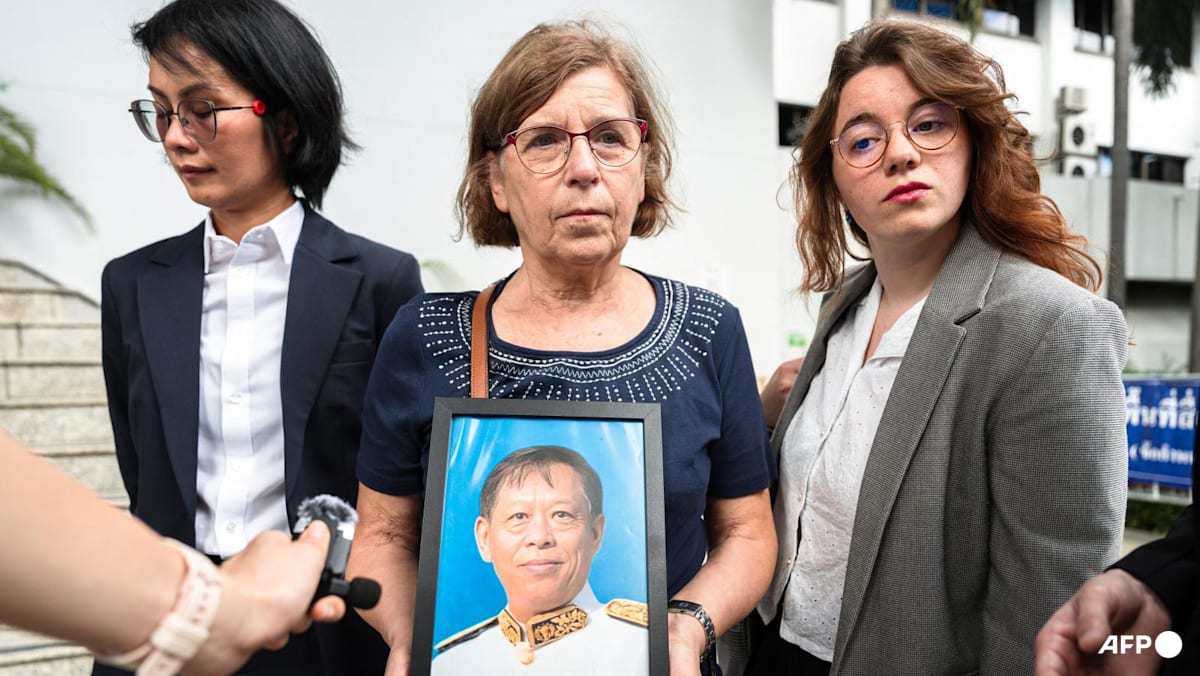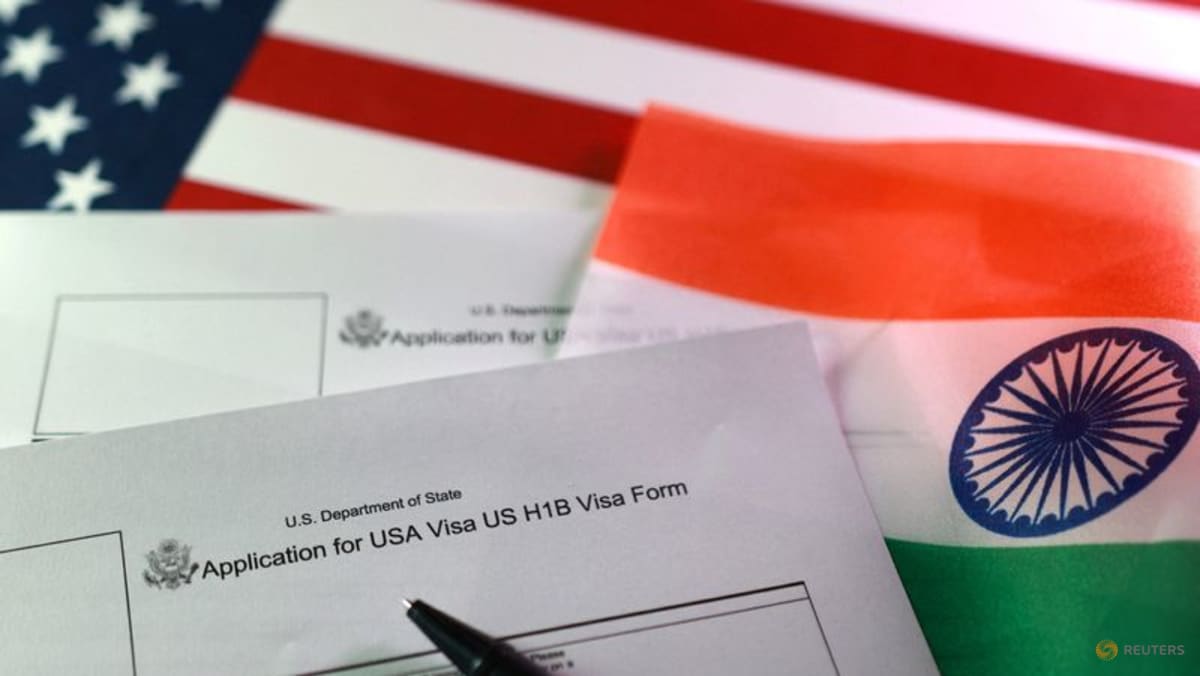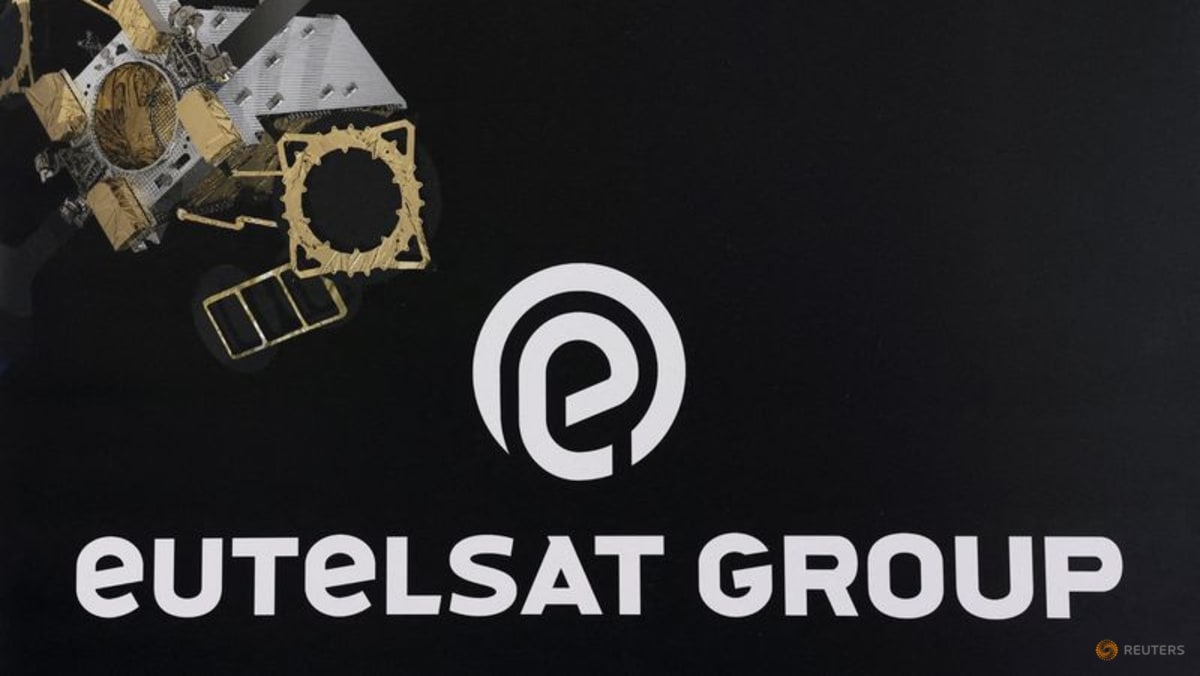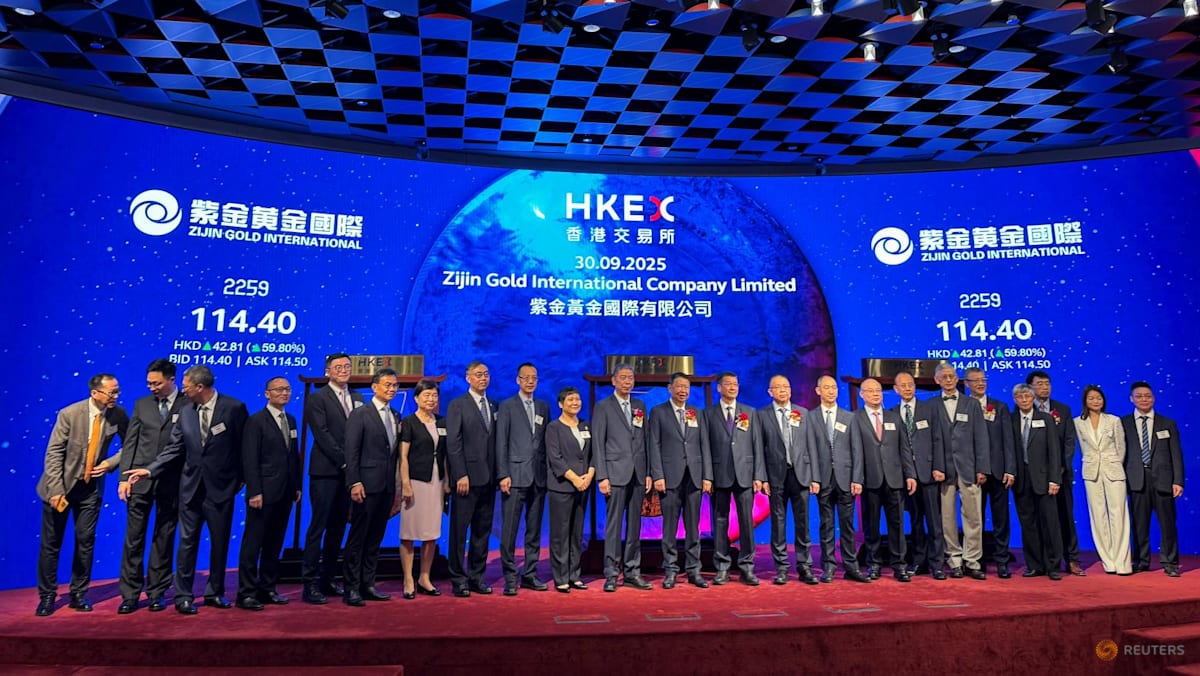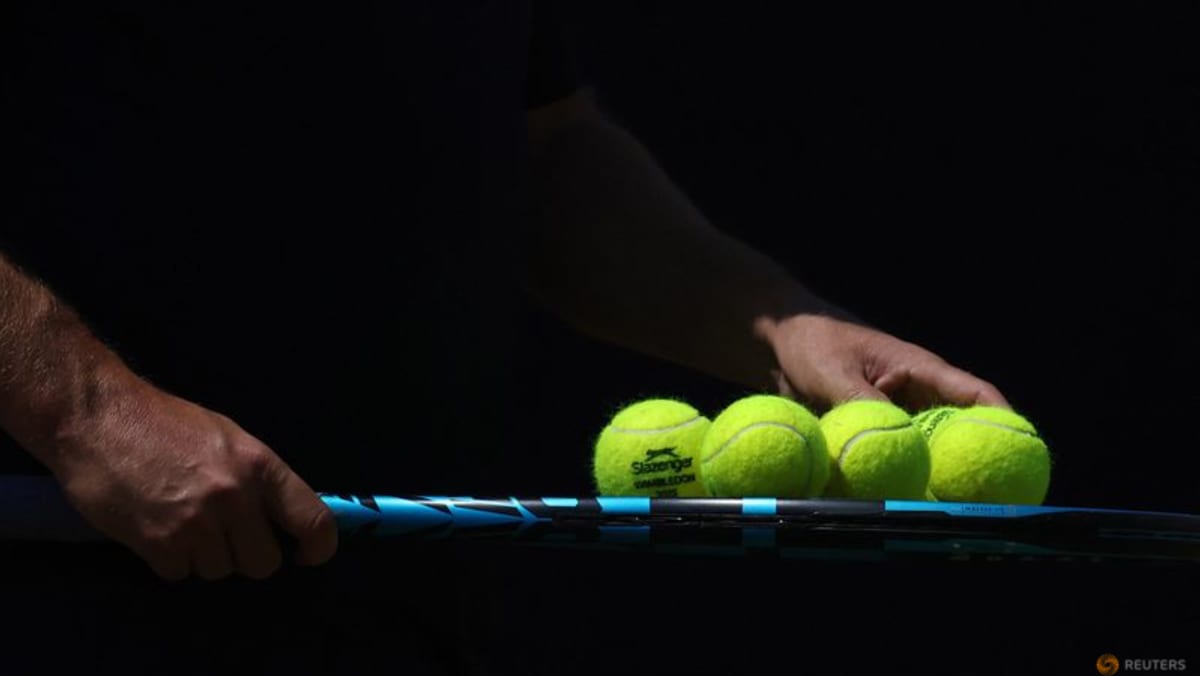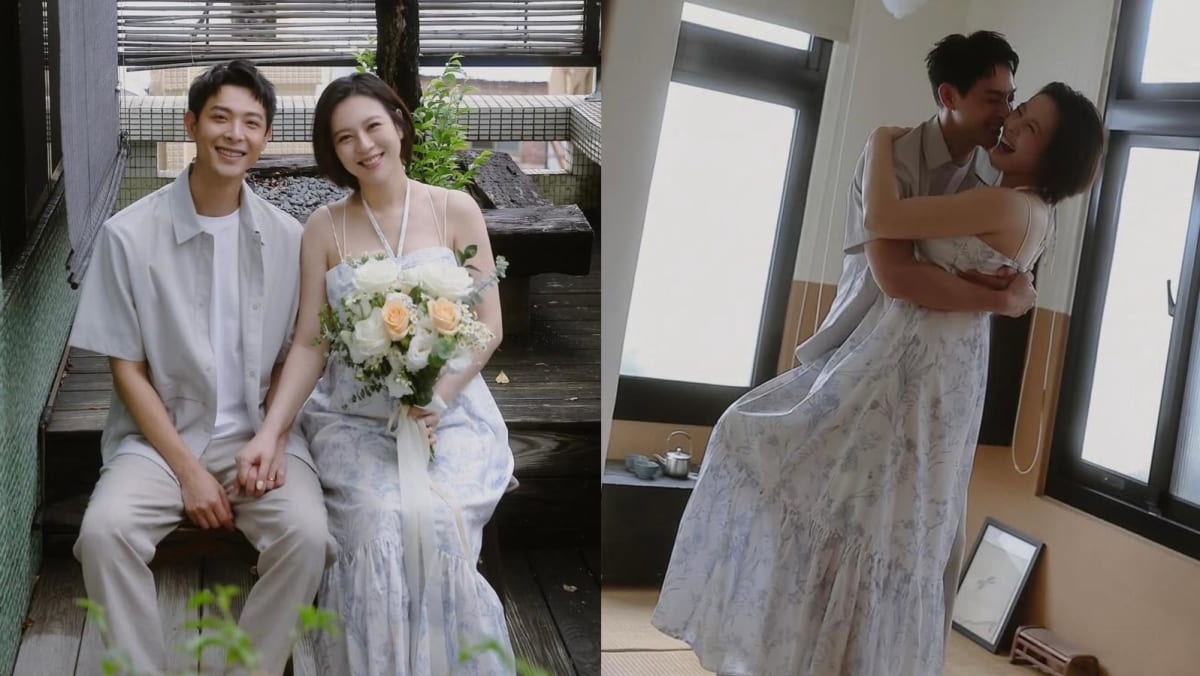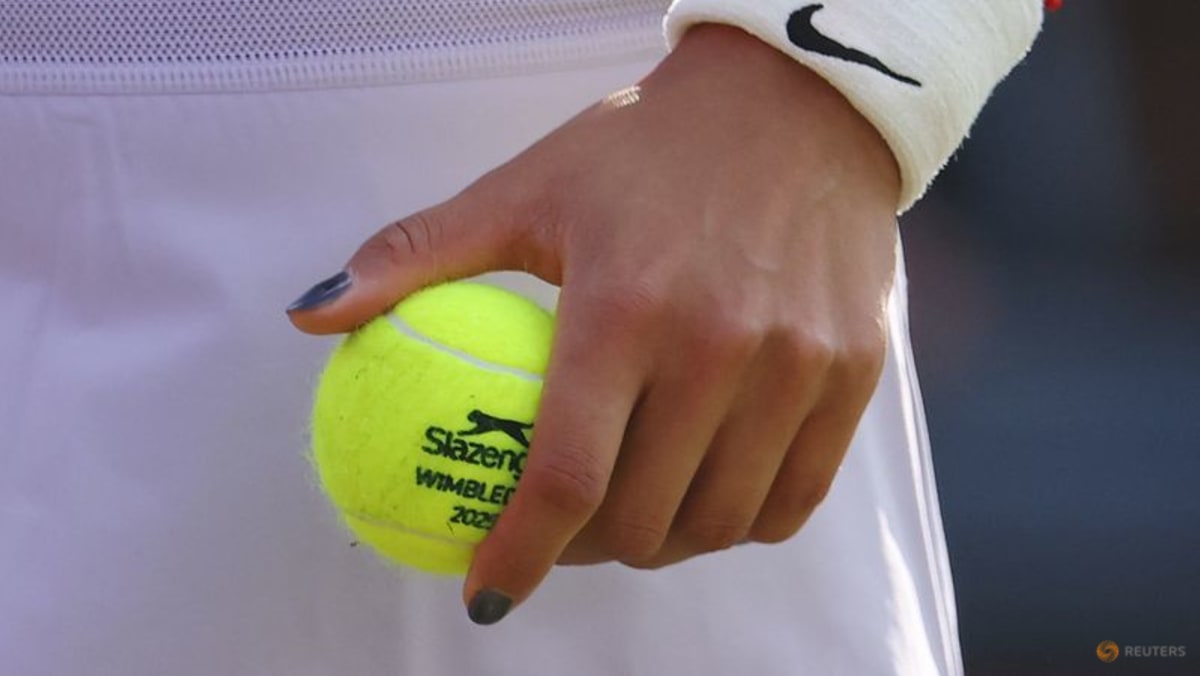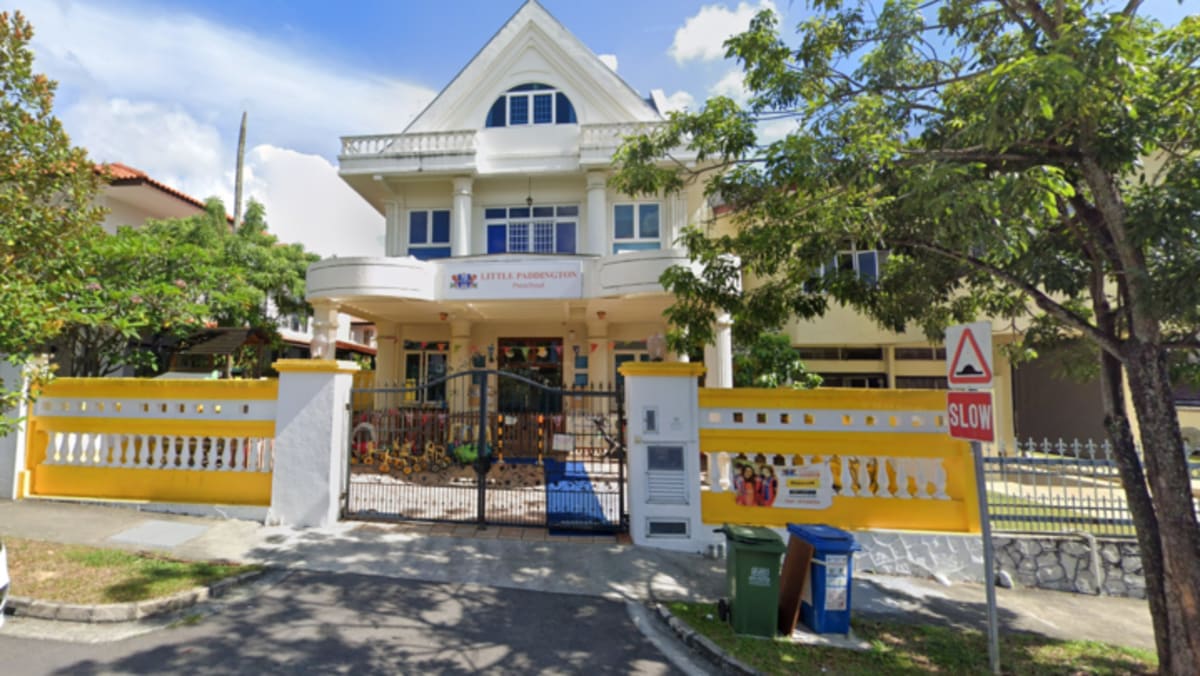About a year ago, Charlyn Yap became obsessed with the idea of made-in-Singapore records.
The seed of the idea had actually come to mind when, after her grandfather died, she found a collection of cassette tapes he had made, recording himself singing.
"I suppose that was their era's way of creating ‘covers’,” said the 35-year-old. “As I played whatever was still audible, a surprising moment emerged: My own five-year-old voice, interrupting his recording session in the studio. What followed was about a minute of him good-naturedly scolding me in a mix of Hokkien and Chinese for 'ruining his take' and making him start over.”
That moment “ignited a lifelong quest within me to find ways to immortalise our memories, to be able to relive those precious moments at will”, she said.
Hearing the tape’s audio “wasn’t just a sound” – it immediately transported her back to her grandparents’ karaoke room, with its sofas and picture frames, and even the smell of the room and the outfits she had worn in it. “It showed me how audio can be as powerful and imaginative a tool as books, preserving those precious, fleeting moments in a vivid and tangible way.”
With the popularity of vinyls going strong, the music-lover wondered if she could actually make her own, with whatever audio she wanted.
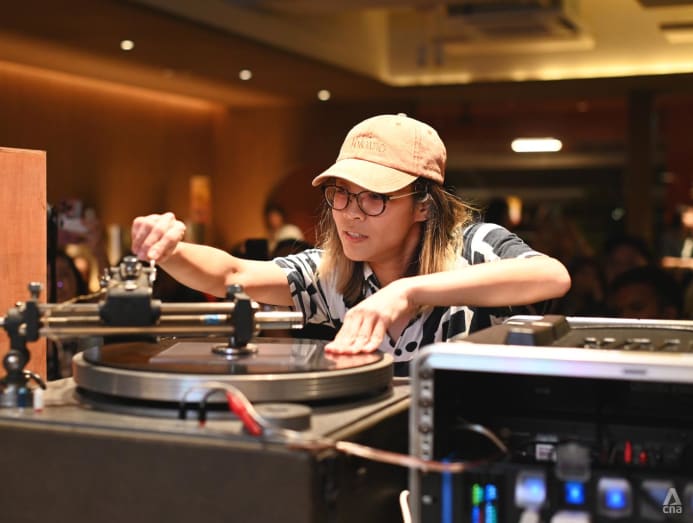 Charlyn Yap with her lathe-cutting machine. (Photo: CNA/Joyee Koo)
Charlyn Yap with her lathe-cutting machine. (Photo: CNA/Joyee Koo)
“Last year, in July, while doom-scrolling on TikTok, I stumbled upon content that claimed Singapore was once a significant centre for the record industry in Southeast Asia, with records actually being made here,” she told CNA Lifestyle.
This “sent me down a rabbit hole of research to fact-check the content. I became obsessed with the idea of creating locally-sourced and, if possible, 100 per cent made-in-Singapore records, to revive this lost history.”
Diving deep into online forums, she found someone in the US specialising in refurbishing vintage lathe-cutting machines from the 1960s. “He's even cut records for artists like Zedd and Muse, and his latest project involved consulting on an episode of the show Pokerface,” she explained.
“He said: ‘Hey, if you want to come learn, I'll pick you up the airport. Stay at my house, and I'll teach you.’ It sounded scary, but I think, at that moment, I had nothing to lose. So, I booked a ticket to Tucson, Arizona.”
There, Yap purchased a lathe-cutting machine at the cost of “between S$25,000 and S$30,000”.
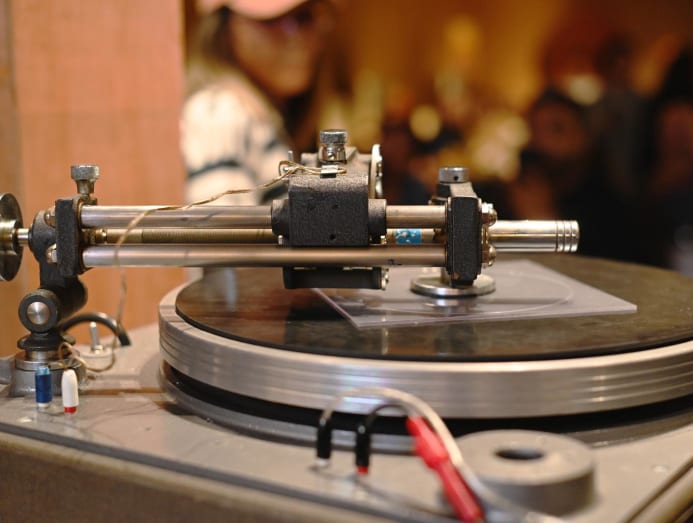 Yap's lathe-cutting machine (Photo: CNA/Joyee Koo)
Yap's lathe-cutting machine (Photo: CNA/Joyee Koo)
But, there were more challenges to overcome when it arrived in Singapore. “Parts went missing in transit, and wires broke off. As someone with no prior mechanical expertise, it was a steep learning curve, figuring things out through trial and error on my own,” she said.
To procure the missing parts, Yap had to make another trip to the US. Additionally, she found solutions to other problems of assembly through “crowdsourcing and asking for help on social media”. In this way, she encountered a community of people in Singapore willing to lend her their time and expertise.
She also managed to source made-in-Singapore materials for making and packaging her records, such as Singapore-produced paper and plastic.
While pressed vinyl records are made of PVC and round, hers are cut on anti-static polycarbonate or PETG plastic, and be almost any shape. They have a maximum of seven minutes of audio per side.
“Lathe-cut records are more versatile – they can be any size,” she explained. “Everyone knows that records are round. What we wanted to do was emulate the idea of having a photo frame on the wall. So, we decided to go with 8-inch, square records.”
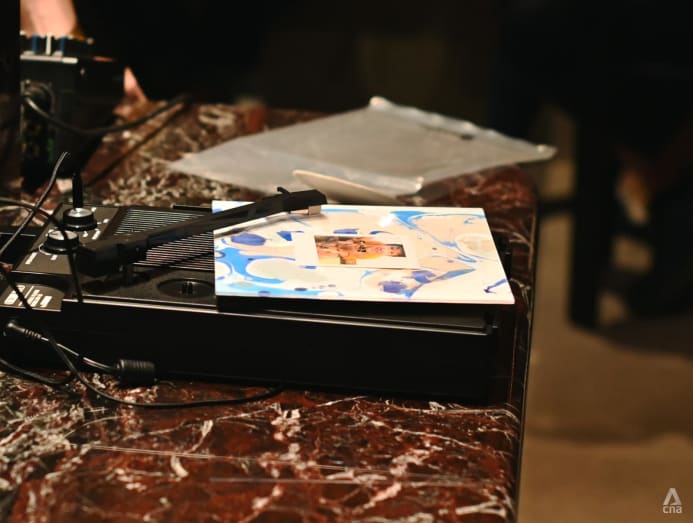 A square record with a recording of a child singing in the shower. (Photo: CNA/Joyee Koo)
A square record with a recording of a child singing in the shower. (Photo: CNA/Joyee Koo)
Vibrations from the audio input are translated to the lathe, which then cuts the plastic with a sapphire needle. Each record is cut by hand, “one groove at a time. If the track is seven minutes, it takes me seven minutes to get it done”.
She and her partner, 34-year-old Lee Sin Yee, have gone on to launch Art/st (pronounced “artist”) Records, running workshops and providing unique record-making experiences at their home studio in Katong.
“Sin Yee takes care of the art, while I handle the cuts,” Yap said. “Each record is individually cut one groove at a time, making this art form accessible to artists, brands and anyone who desires a custom record made right here in Singapore. The greater mission is to make record-cutting an experience you can enjoy with friends, family, colleagues.”
She added: “It’s not about the music. It’s about people. It’s about preserving a fleeting moment on a record. Nowadays, people don’t collect vinyl because of the vinyl.”
Music aside, other audio clips they’ve turned into a record include a child’s first words, a grandmother’s last voicemail, wedding vows “and even the sound of someone ugly-crying over a Netflix finale”.
Especially in the age of AI, Lee said, “We wanted to do something analogue” as “we appreciate something tangible, which we can hold in our hands”.
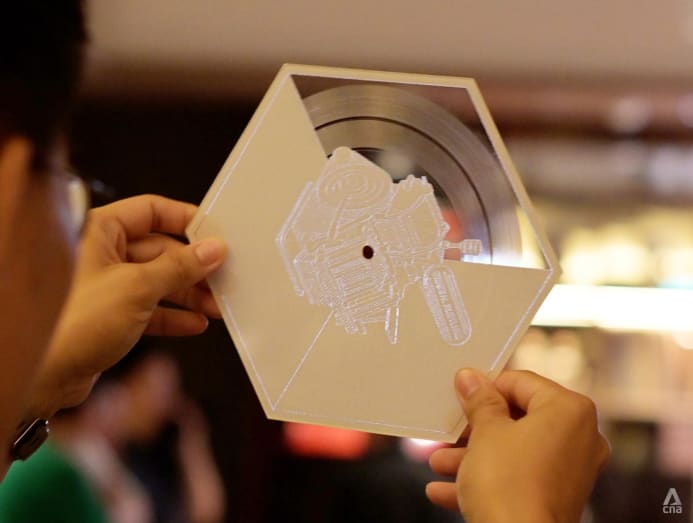 A self-cut record (Photo: CNA/Joyee Koo)
A self-cut record (Photo: CNA/Joyee Koo)
“What we are trying to do is more than resurrecting a lost art form and connecting it with present day creativity,” Yap said. “For individuals, it offers a tangible and unique way to make new memories while reminiscing old memories by engaging with music and art.”
Other projects the duo will be working on include limited runs of records by local artists, Yap shared. “This includes creating locally made, hand-cut, hand-pressed, and hand-signed limited edition records with artists like the talented local singer-songwriter, lewloh, and a special first-year commemorative record for Sing Song Social Club, which will be designed by local creative Kristal Melson.” In addition, they’ve also had their first corporate client.
On top of workshops, Art/st also holds listening sessions. “We see ourselves as matchmakers and enablers, pulling together both music and visual artists” and celebrating local talent, Yap said, adding that she hopes the effort will go towards promoting and preserving Singapore’s arts and culture scene.
In the course of her research, she shared, she read that “there used to be a vinyl pressing plant in Tanglin Halt”. Records have famously been produced in Japan, the UK and the US, but, “it’s nice to know that back then, in Singapore, we used to make records”.
She recalled scouring The Adelphi, known for its audio equipment stores, for parts and knowledge, and being told by the “uncles” there: “‘Girl, why do you want to do this? Don’t, lah’.”
“One year from today, I hope I’m not the only person cutting records in Singapore, because I want to try to revive this history that most of us don’t even know about,” she said. “When we say ‘music’, nobody thinks of Singapore. But, let’s change that, hopefully.”
For more information about Art/st’s workshops, visit https://www.instagram.com/art_strecords.


